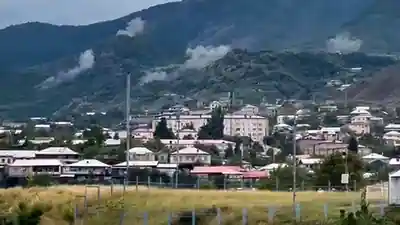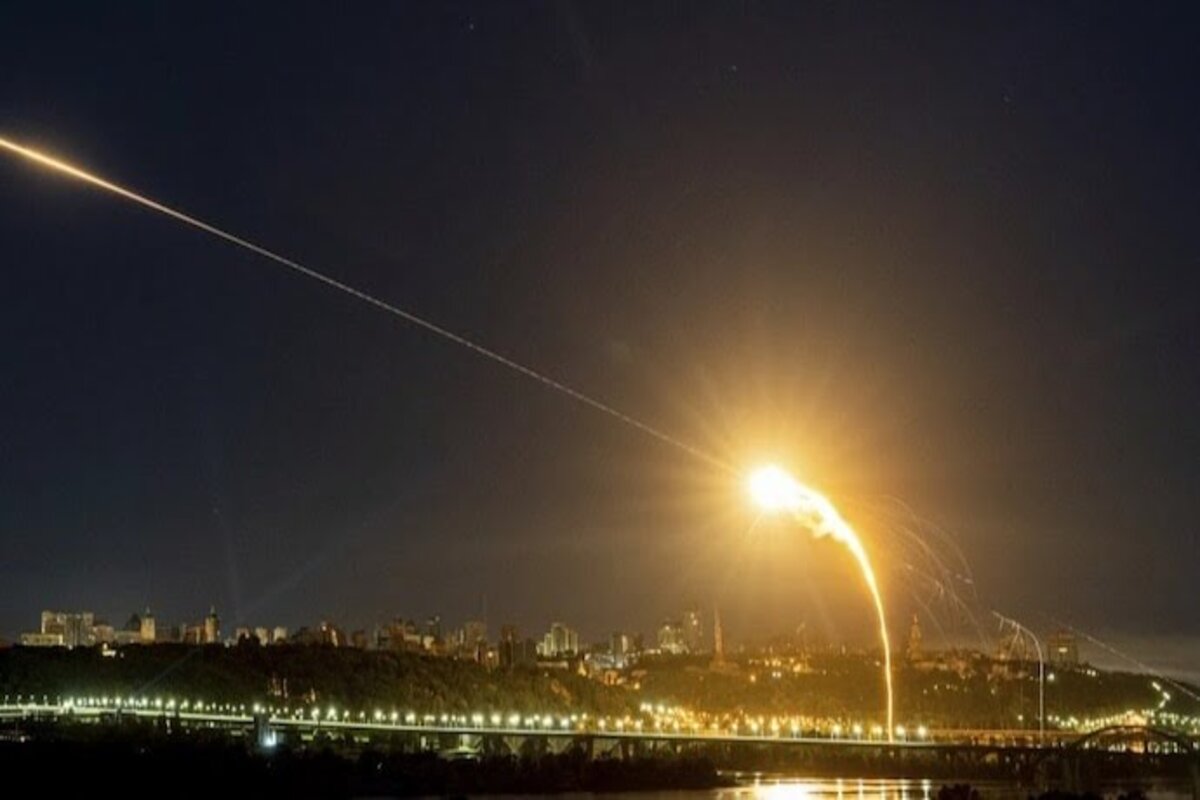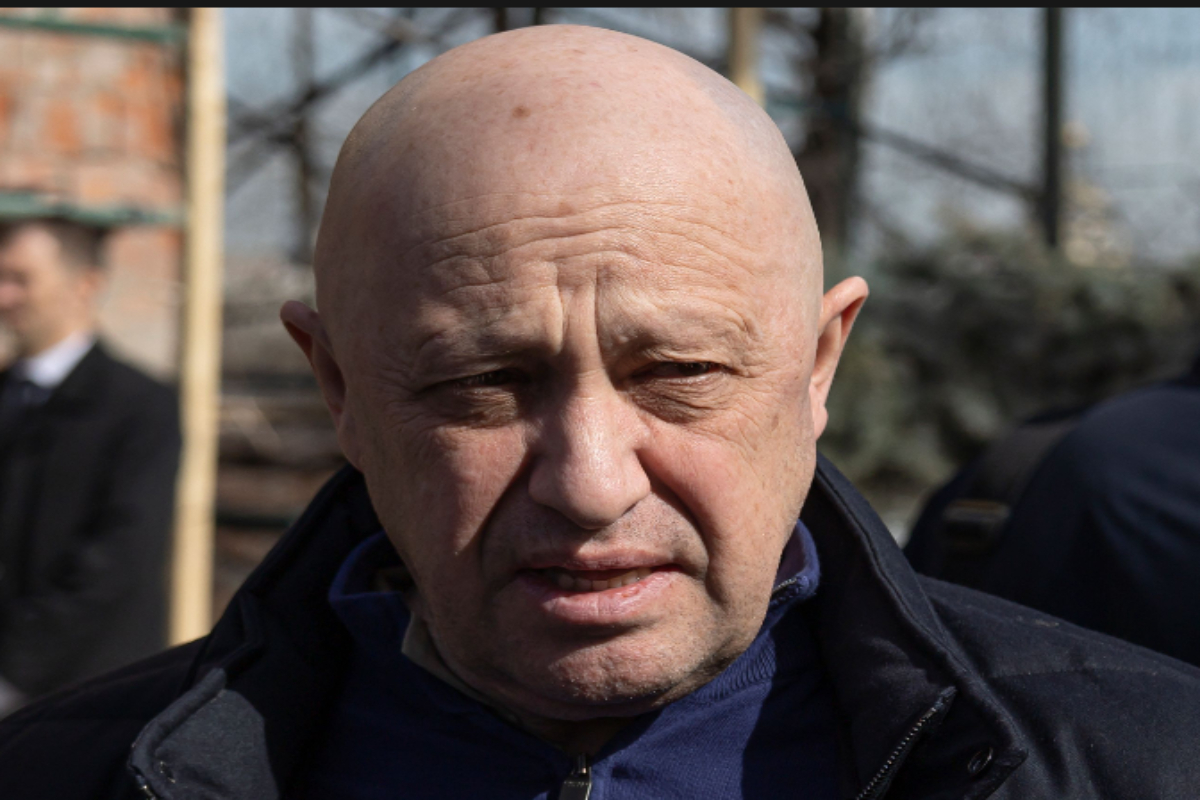Russia-Ukraine war: As a result of Russia’s decision to leave a Black Sea corridor pact, economists predict that wheat futures will soar on Monday.
In retaliation for what it said as a significant Ukrainian drone strike on its fleet in Russian-annexed Crimea, Moscow withdrew from the Black Sea agreement on Saturday.
Also Read: Children Under the Age of 8 More Vulnerable to Monkeypox. Researchers
Moscow is using the agreement as an excuse, according to Kiev, while Washington accuses Moscow of turning food into a weapon.
As two of the biggest exporters of wheat in the world, wheat markets have been extremely sensitive to developments in Moscow’s eight-month-old invasion of Ukraine.
Ukraine is a significant provider of corn.
The opening of the corridor, which made it possible for almost 9 million tonnes of grains and oilseeds to be transported from Ukrainian ports, assisted in stabilising the grain markets and bringing down the world’s prices after they reached record highs.
When the two most active wheat futures contracts in the world, Chicago and Paris wheat, begin their trading week on Monday, that comparatively quiet situation is expected to end.
According to Arthur Portier of consultancy Agritel, “Russia’s announcement is undoubtedly bullish for prices and the start of the week will very likely see prices jump, simply because less grain will come out of Ukraine.”
Following Russia’s decision, Ukraine has ceased buying grain for its Black Sea ports, according to a Ukrainian trader.
The decision by Russia to halt its participation in the grain export agreement has resulted in the “effective blocking” of 218 vessels, according to the infrastructure ministry of Ukraine.
Chicago, where investment funds hold a net short position, may experience a purchasing frenzy as a result of the corridor suspension.
The daily price cap of $0.70 that CME Group now imposes on its Chicago wheat contract indicates a maximum increase of 8.4% from Friday’s closing of $8.29-1/4 per bushel. [GRA/]
Reaction to Russia’s day-earlier declaration was, however, moderated by the revelation that the United Nations, Turkey, and Ukraine—the other parties to the corridor deal—had agreed on Sunday to a plan for vessel movements and inspections on October 31.
According to Joe Davis, director of commodity sales at brokerage Futures International, “there were some mentions of wheat hitting limit tonight, but given the relative quiet after the drone incident, I think 25 cents in wheat is fair.”
Also Read: Telangana Revokes a Key CBI Privilege Amid an MLA Poaching Scandal
As the U.N. continues its negotiations, market investors are waiting to see if the corridor deal can be saved.
Wheat futures could increase by 5% to 10%, according to Carlos Mera, head of agricultural commodity markets research at Rabobank, but the increase could be short-lived as the withdrawal of Moscow from the agreement had been somewhat anticipated despite an increase in Russian shipments.
According to him, “There are increasing exports from Russia so in the short term availability might still be there from the Black Sea.”
However, some traders and analysts claim that in the absence of the corridor, Russia lacks the additional logistical capability to fill the gap, and bad weather is raising concerns about harvest supply in southern hemisphere exporters Argentina and Australia.
The scenario for importers is really poor because prices will certainly increase as the corridor comes to an end, according to Portier.
Keep watching our YouTube Channel ‘DNP INDIA’. Also, please subscribe and follow us on FACEBOOK, INSTAGRAM, and TWITTER












